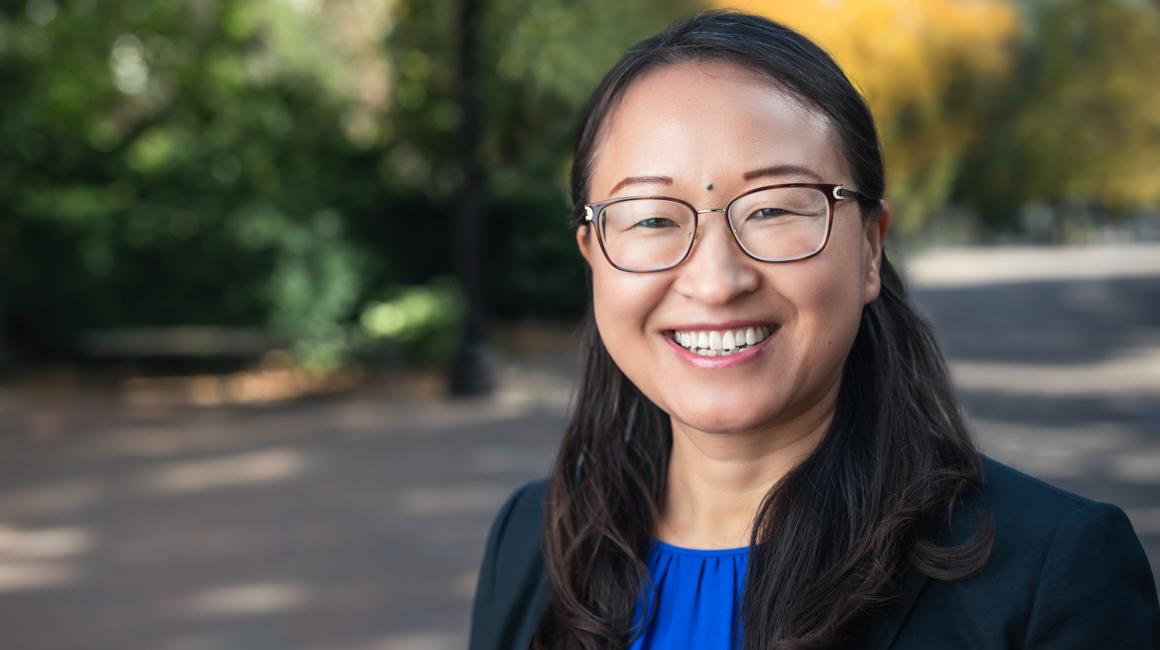Dr. Xia Chao is Duquesne's ESL Program Director and a faculty member of language and literacy education in the School of Education.
She recently completed a case study examining the multilingual practice and identity of Somali-Bantu refugees in coping with new linguistic and cultural environments in the United States titled: "‘I walk in language circles’: transnational-translocal entanglements of a refugee-background Somali-Bantu’s multilingual identity."
Dr. Chao answers questions about her research below.
What sparked your interest in this topic?
Before I signed my offer of employment from Duquesne University in December of 2014, I started researching Pittsburgh as my research home. I found that Pittsburgh is a place called home to recently arrived refugees and in fact Pennsylvania is the main state to resettle refugees from Bhutan. Research is my pursuit of passion and a pursuit of life, not only the lives of my research participants but also my own. Every time I engage with this population I have been inspired by their experience, especially their resilience. I feel as though I am not just telling the story of my research participants, but also my own experience.What did you want to learn from this research?
What does it mean to be a teacher to a family and a community? Before I relocated to Pittsburgh, I published community-engaged curriculum for culturally and linguistically diverse students. I would like to continue to work on this path and to couple my research and teaching. My students will eventually teach those from culturally and linguistically diverse backgrounds. As such, my research informs and promotes my teaching with the focus of community-engaged teacher education.
What did you find?
For this project, translocal and transnational entanglements and what those mean to refugee arrivals from Somalia. The participant’s identity construction and reconstruction were with increased integration in our society, both linguistically and socially. The identities of refugee arrivals are dynamic and fluid. Sometimes, their identity is controversial to them and can be a struggle, especially after resettlement.
How can your study be used to impact others?
Through my research and the experience and stories of research participants, I am amplifying their voices and those experiences to the public. I delivered workshops on refugee studies and education to the public in collaboration with local communities. I would like social workers, school nurses, classroom teachers, and others to listen and learn about recently arrived refugees’ stories and experiences. My work builds fundamental foundations for mutual understanding between people, especially those from different cultural and linguistic backgrounds. I believe human contact, human understanding, and communication builds a mutual understanding between people.


